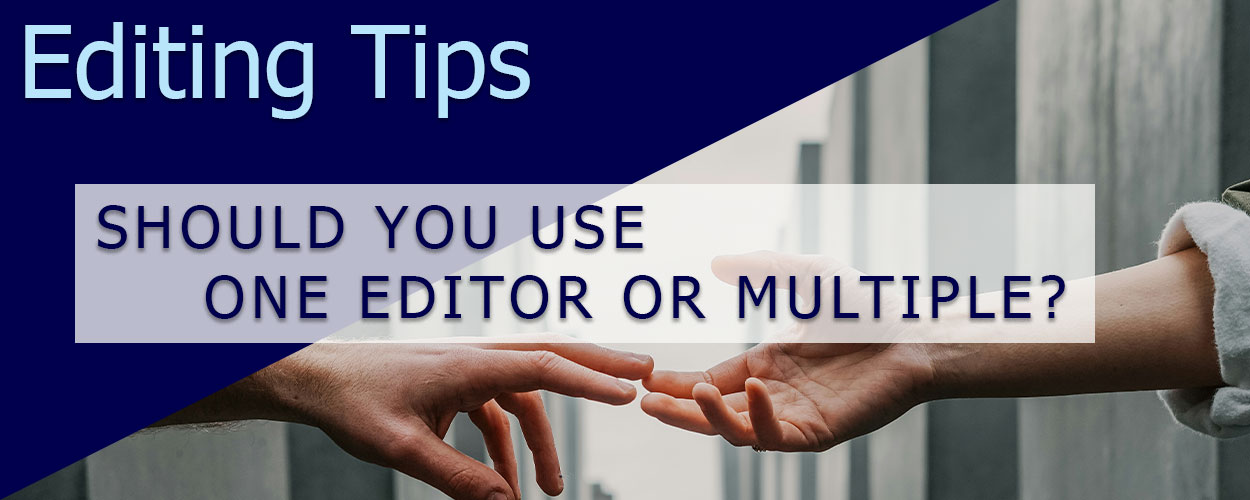

Posted: September 24, 2024
If you’re a new author just dipping your toe into the world of publishing, buckle up and get ready, because there is a steep learning curve for you to climb. The biggest mistake that new authors make is not learning all they can about publishing a book before actually trying to publish their book—and it shows.
While, sure, as a new author you don’t know what you don’t know, some people don’t even bother to look. Not you, though. That’s why you’re reading this article. So, let’s just jump right in.
Whether you identify yourself as a writer or not, know that, as soon as you’ve written something, you are a writer. You’re probably not of legendary status yet (who is?) so there are a few ground rules you need to know.
What kind of editing does your story need?
As always, you should start with the story’s content. Catch typos as you reread if you want, but don’t go to a copyeditor to fix the punctuation and grammar if you’re just going to rewrite large chunks of the story anyway. That’s wasting money. You need to be 100% happy with the story before moving onto that step.
But how do you know if the story is any good?
Start with a test audience. These can also be called “beta readers”. [For more information, check out this article: What is Beta Reading?] These people are ideally part of your target audience. Adult fiction? Get adult betas. YA fiction? Look for a younger audience. Children’s fiction? Find the parents of the kids your book is for.
These are the people who will tell you if your story is good as is, or if it needs a few improvements. They can be the ones to point out anything that doesn’t make sense, or if a character is too unlikeable. Just remember to take feedback with a grain of salt. Don’t change your story just to please a single person. It is, after all, your story. But if a bunch of people are all saying that one scene is incredibly confusing, or if a few people say that one of your characters isn’t acting like themselves—those are the kinds of things you can fix.
Getting a professional content editor to look at it is also a recommendation. Rather than being an audience member, they will look at it like an editor. They’ll tell you what works and what doesn’t from a storytelling point of view.
If you’ve already found an editor for the content, why search for another one? A few reasons:
There are also reasons why you might want the same editor all the way through the process.
In the end, though, it’s up to you whether you go with a single editor, two editors, or a different editor for every step. My personal recommendation is to find a really good content editor specialized in your genre, and then find a non-biased technical editor to take care of the copyediting and/or line editing when the content is perfect. It keeps the team intimate while still providing that valuable second opinion and fresh pair of eyes on your work.
How to Vet a Editor
The Best Order to Edit Your Book
Working with an Editor Part 1: Content
Working with an Editor Part 2: Technical
Alpha, Beta, Editing, & ARC: The Difference
Self Editing—And Why You Should Do It
How to Get the Most Out of Self Editing
Tigerpetal Press is a small book press dedicated to publishing local authors and poets.